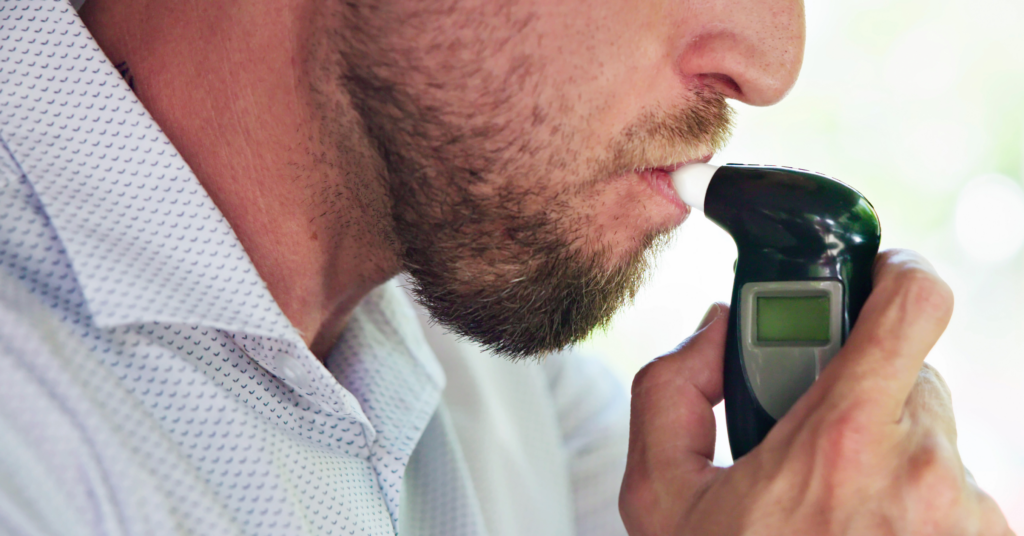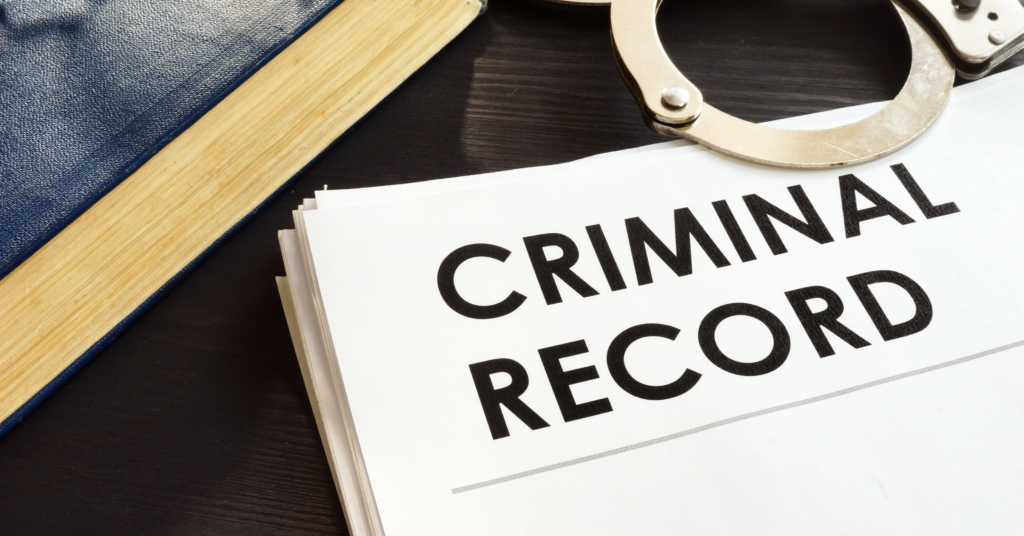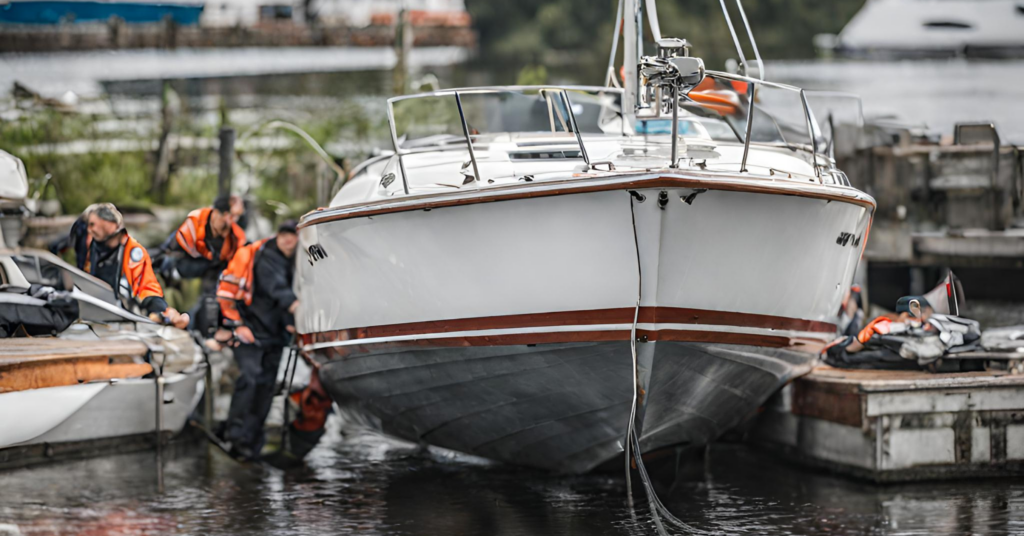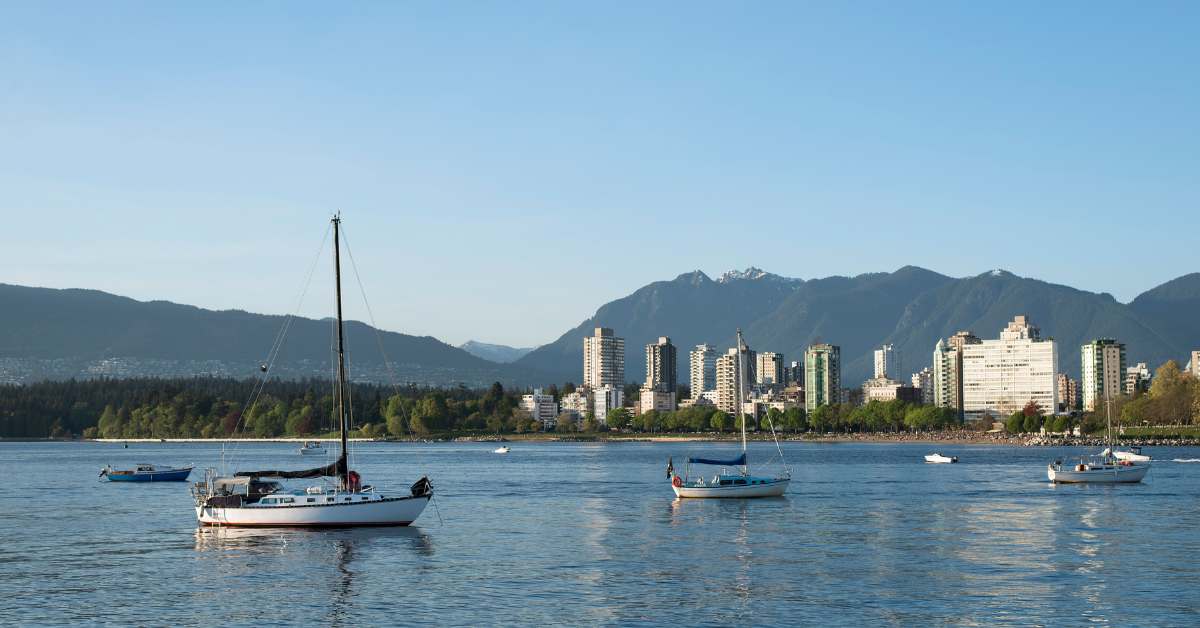The thrill of cruising on the open water, whether on a leisurely fishing trip or a lively party cruise, is an indisputable aspect of boating. However, with the excitement and freedom, comes the responsibility of safe operation. Unbeknownst to many, the use of alcohol and drugs during boat operation can have significant implications – from affecting physical well-being to altering legal status and impacting insurance policies.
General rules and regulations for alcohol and drug use while boating
Operating a boat under the influence of alcohol or drugs is viewed very seriously. It’s regulated under the Canada Shipping Act, 2001, and enforced by Transport Canada. Violation of these rules can lead to penalties such as fines, loss of boating privileges, and potential criminal charges. Therefore, boaters are encouraged to act responsibly and be cognizant of their limits. Along with understanding the rules regarding alcohol and drug use, it’s equally important to follow safe practices in all aspects of boating, such as fueling. Discover essential Fueling Procedures to ensure your boating experience is both enjoyable and safe.

In terms of alcohol consumption, the legal blood alcohol concentration (BAC) limit while operating a boat is 0.08%, which is similar to driving a motor vehicle. Law enforcement officials have the authority to conduct random alcohol testing, refusal of which can result in penalties.
The use of drugs, including illegal substances and certain prescription medications, is strictly prohibited while operating a boat. Violation of these rules can lead to penalties akin to those for alcohol impairment.
The impact of alcohol or drug usage on boat insurance policies
If you are a boat owner in Canada, it’s crucial to understand how alcohol or drug use can impact your boat insurance policy. Breaching the terms and conditions of your policy by operating a boat under the influence can potentially void your coverage. This could result in denial of claims, leaving you personally liable for all damages, liabilities, and expenses. Moreover, any record of impaired boating incidents could make it challenging for you to secure affordable coverage in the future. Understanding how alcohol or drug use affects your boat insurance is just one aspect of navigating the complexities of coverage. Explore more details in our guide on Navigating Boat Insurance: Coverage for On-Water and Off-Water Risks.
Potential legal consequences of boating under the influence

Being caught boating under the influence (BUI) carries a variety of significant legal consequences, including fines, imprisonment, suspension of boating privileges, and a criminal record. In some cases, a BUI conviction might even impact your driver’s license and usher in requirements such as an ignition interlock device that prevents a boat’s engine from starting if alcohol is detected on the operator’s breath.
Can insurance claims be denied due to impairment?
Indeed, if the boat operator is found under the influence at the time of an accident, insurance claims can be denied. A scenario like this is viewed as a breach of policy terms and negligent behavior leading to voiding coverage. Therefore, prioritizing safety and responsible boating practices is essential if you want to keep your insurance coverage intact.
Preventative measures and policies for protection

There are a variety of preventative measures that boaters can put in place to protect their boat and themselves. This includes taking boating safety courses, operating sober, investing in comprehensive boat insurance, ensuring regular maintenance and inspections, storing the boat securely, maintaining awareness of weather conditions and navigation rules, and having an emergency plan in place. While discussing preventive measures, it’s also crucial to understand region-specific safety guidelines. Learn more about Boating Safety On The West Coast for tailored advice on safe boating in this area.
Addressing policy cancellation due to alcohol or drug usage
Should your boat insurance policy be cancelled due to an incident involving alcohol or drugs, certain steps can be taken to mitigate the situation. Understanding the reason for cancellation, consulting with your insurance provider, exploring other insurance options, taking risk mitigation measures, and demonstrating a commitment to safe boating practices are key to finding a solution. If you’re facing policy cancellation due to alcohol or drug usage, it’s important to know your options. For guidance on selecting a new policy, check out our article on How to Choose the Right Boat Insurance Policy for Boaters and Marine Businesses.
While boating offers an exciting experience, it is essential to bear in mind the rules and regulations regarding alcohol and drug usage, and their implications on your insurance policy. Boaters are encouraged to prioritize safety and responsible behavior to not only enjoy their time on the water but also to ensure compliance with the law and secure their insurance coverage.
As you navigate the complexities of boating and the significant implications of alcohol and drug use on the water, it’s clear that having the right insurance policy is not just a necessity—it’s essential for peace of mind. Whether you’re cruising along the coast, fishing in tranquil waters, or enjoying a lively party on your boat, ensuring you have comprehensive coverage is key. Don’t let uncertainties overshadow your boating experience. We invite you to explore our detailed guide on Boat Insurance, where you’ll find crucial information to help you choose the best insurance policy that caters to your specific needs. Protect your passion for boating; secure the right insurance today.

